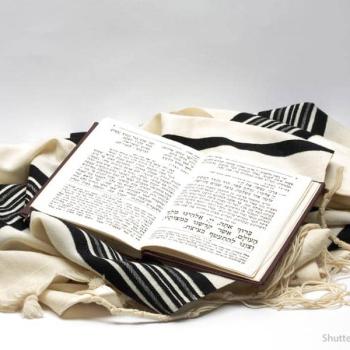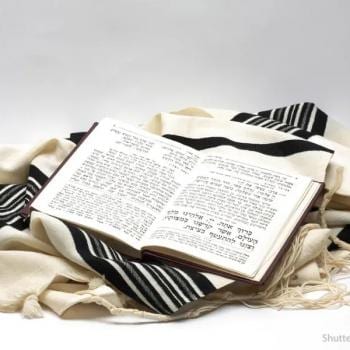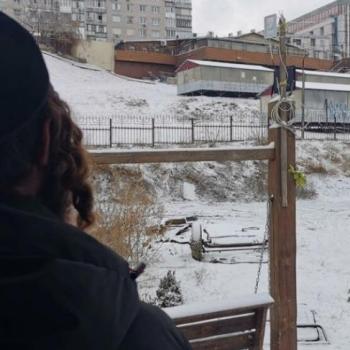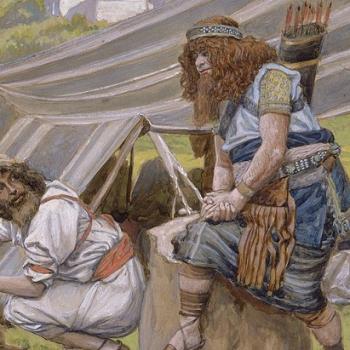 Here is a fable for discussion at the (Seder) dinner table for all those Christians, Jews and Muslims who want to use the exodus from oppression in Egypt through the Sea of Reeds as an encouragement to all who value freedom and justice to do more than just stand and watch.
Here is a fable for discussion at the (Seder) dinner table for all those Christians, Jews and Muslims who want to use the exodus from oppression in Egypt through the Sea of Reeds as an encouragement to all who value freedom and justice to do more than just stand and watch.
The Children of Israel had left their homes in Egypt in the middle of the night and, joined by thousands of non-Jewish Egyptians, they had started walking toward the Land of Israel. Now, after three long days of hiking from sunrise to sunset, they stopped and stood still, looking across the reed-filled swamp that stretched out for more than a thousand feet in front of them, blocking their way.
They knew the water in the swamp was not that deep, but they would have to carry all the children on their shoulders, and there would be some places where it could be over their heads.
They knew it would be hard to walk in the thick mud, and that it would be tough going pushing through the mass of tall reeds. To make thing even worse, they would be walking into a wind that had started blowing from the other side of the Sea of Reeds.
According to Midrash Rabba (Numbers 7:12), as the leaders of the twelve tribes stood before the Sea of Reeds, “One tribe said, ‘I will not be the first to go into the sea’; and another tribe responded, ‘I will not be the first to go into the sea.’ While they were standing there waiting for someone else to be the first to go into the reed filled swamp, Nakhshon the son of Amminadab of the tribe of Judah sprang forward and was the first to go down into the sea.”
At first, the water only reached Nakhshon’s knees, so he kept pushing his way through the reeds. Then the water reached his hips, and the wind blowing in his face increased, and it became harder and harder to walk through the mud and the reeds.
When the water reached Nakhshon’s chest, the wind became so strong that it turned into a sand storm. The increasingly strong wind blew down the reeds in front of Nakhshon and stirred up the water making waves that hit Nakhshon in the face.
Pushing on
Nakhshon became afraid that he would never make it across to the other side. He looked back at all the Children of Israel who were watching him. He knew that if he turned back everyone would become discouraged and despair. They might have to give up and return to Egypt. He decided to push on.
It became harder and harder to continue. The sand pelted his face and made it hard to breath. The reeds were now bent almost horizontal and blocked his ability to walk. The waves now reached up to Nakhshon’s neck.
Nakhshon thought about God. He knew that God did not have to make things easy or convenient for him. He also knew that he could trust God to help those who help themselves and others. Nakhshon prayed that God would give him the fortitude and determination he needed not to quit.
Then Nakhshon suddenly saw something that he had not noticed before. The bent-over reeds had intertwined to form a platform above the mud, and the wind-blown sand had piled up and packed itself firmly into the reed platform. It was easy to walk on the sand-covered reed platform.
The very things that had seemed so terrible now seemed to provide an opportunity. Nakhshon was now up above the water, but what would happen if the wind died down and everything collapsed?
Nakhshon decided again to hope and trust in God. He waved to all the Children of Israel and the Egyptians who had joined them, to come and take advantage of this God-given opportunity to walk across the Sea of Reeds. And that is what they all did.
Rabbi Maller’s web site is rabbimaller.com. His new book, “Judaism and Islam as Synergistic Monotheisms: A Reform Rabbi’s Reflections on the Profound Connectedness of Islam and Judaism” (a collection of 31 articles by Rabbi Maller previously published by Islamic web sites) is now for sale on Amazon and Morebooks.
Image is public domain, CC0 1.0 Universal (CC0 1.0).













